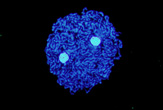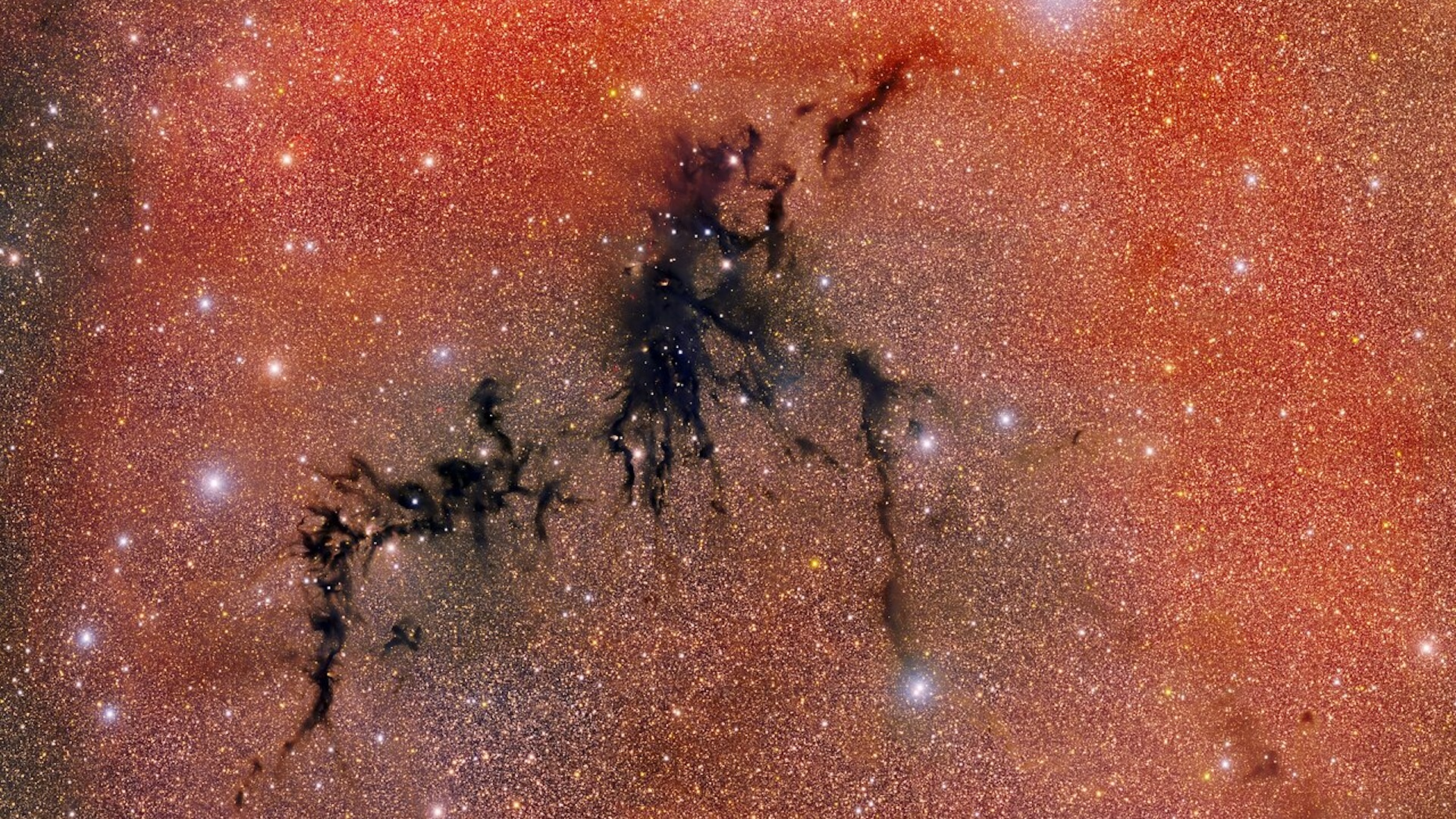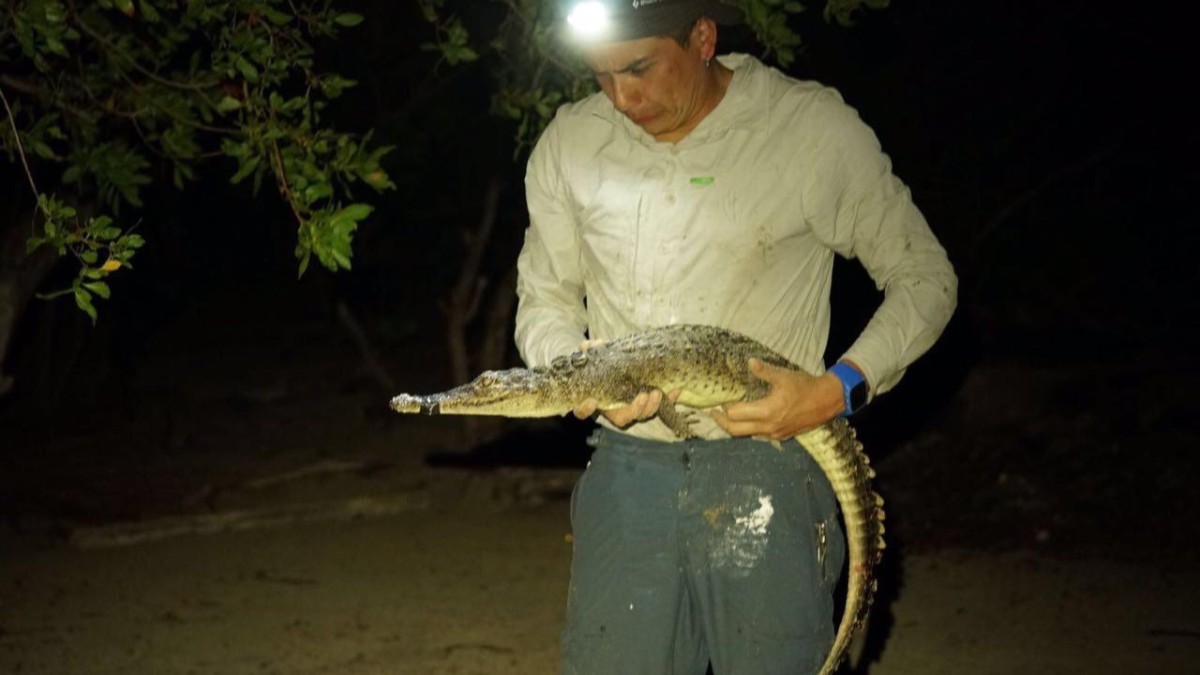
A bacterium living in special cells inside an insect has the smallest genome of any known cellular lifeform, a new study finds.
With only about 160,000 base pairs of DNA, the genome of Carsonella ruddi [image] is less than half the size thought to be the minimum necessary for life.
"It's the smallest genome, not by a bit but by a long way," said study team member Nancy Moran of the University of Arizona.
An organism's genome carries all of the instructions it needs to make the proteins required for life. Carsonella's genome codes for 182 proteins. The human genome, by comparison, contains about 3 billion DNA base pairs and codes for about 35,000 proteins.
Carsonella lives inside a leaf-munching insect, called a psyllid [image]. They have a symbiotic relationship. The bacteria's sheltered life has allowed it to pare its genome down to the bare minimum. There are certain genes necessary for life that the bacteria's genome lacks, but these are compensated for by its insect host.
Carsonella might one day lose its identity altogether and become a permanent organ, or "organelle," inside the insect's cell, the researcher speculate. This has happened a few times before in the history of life. The organelles responsible for energy production in animal cells and photosynthesis in plant cells are likewise thought to have once been free-roaming bacteria that larger cells assimilated long ago.
The finding is detailed in the Oct. 13 issue of the journal Science.
Sign up for the Live Science daily newsletter now
Get the world’s most fascinating discoveries delivered straight to your inbox.
- Genes: The Instruction Manuals for Life
- $10 Million X Prize Offered for Genetics Feat
- Since Mendel: From Counting Peas to Fluorescent Pigs
- How Life Began: New Research Suggests Simple Approach









